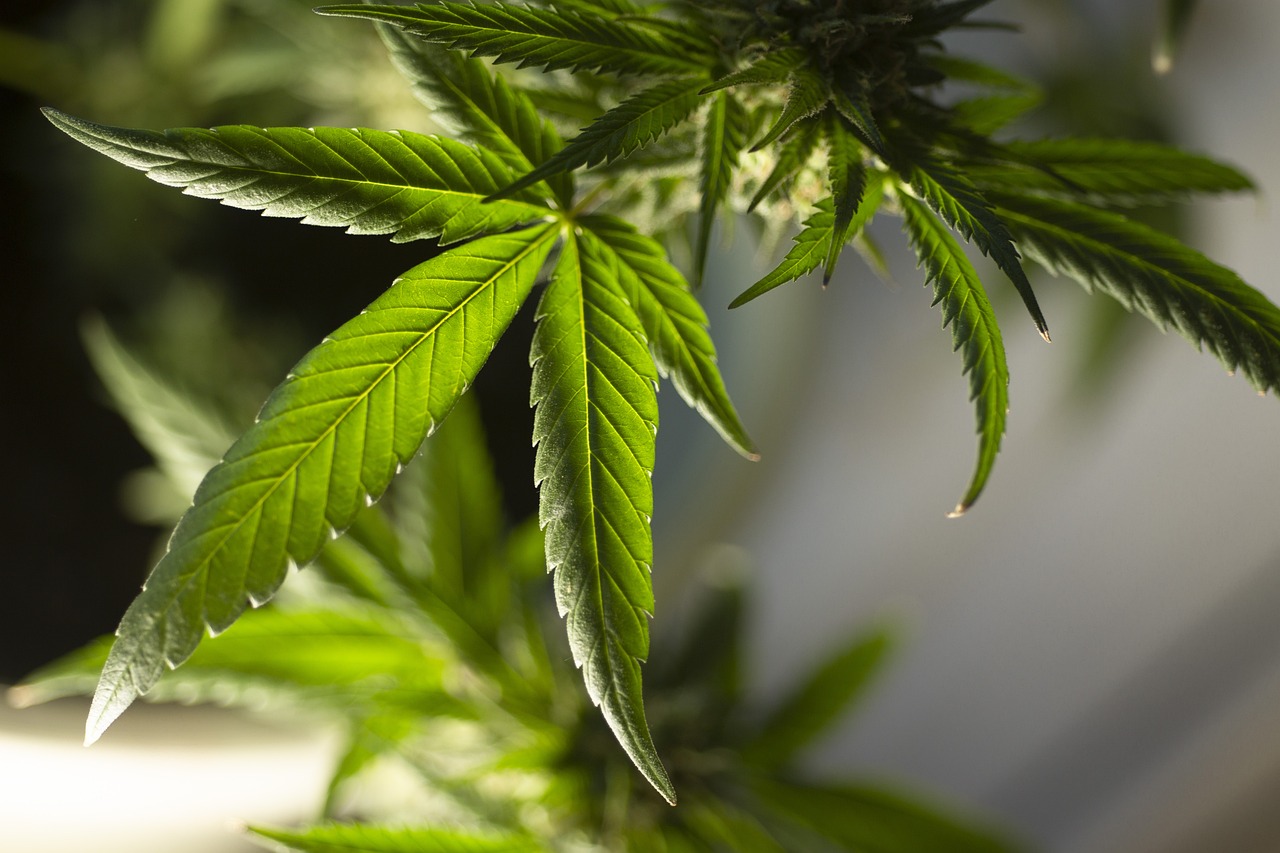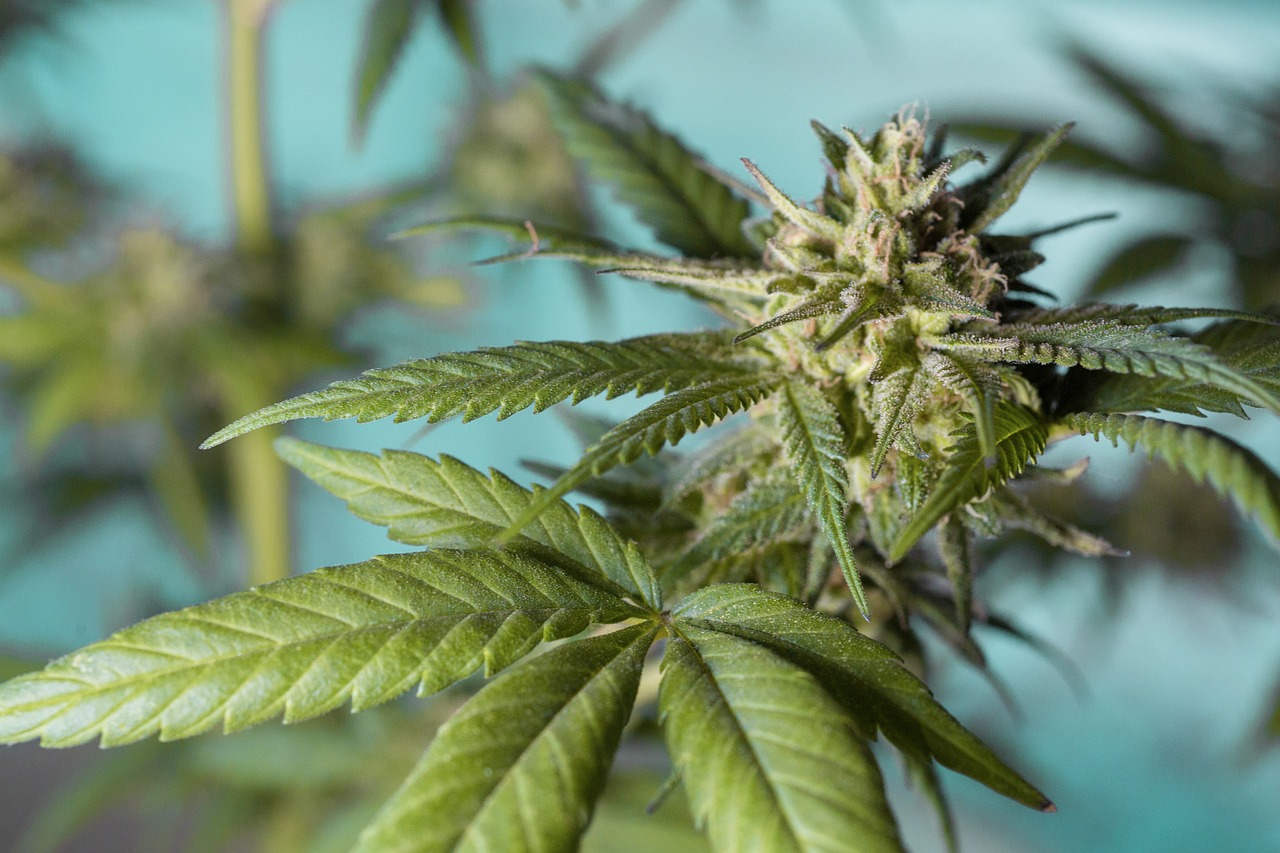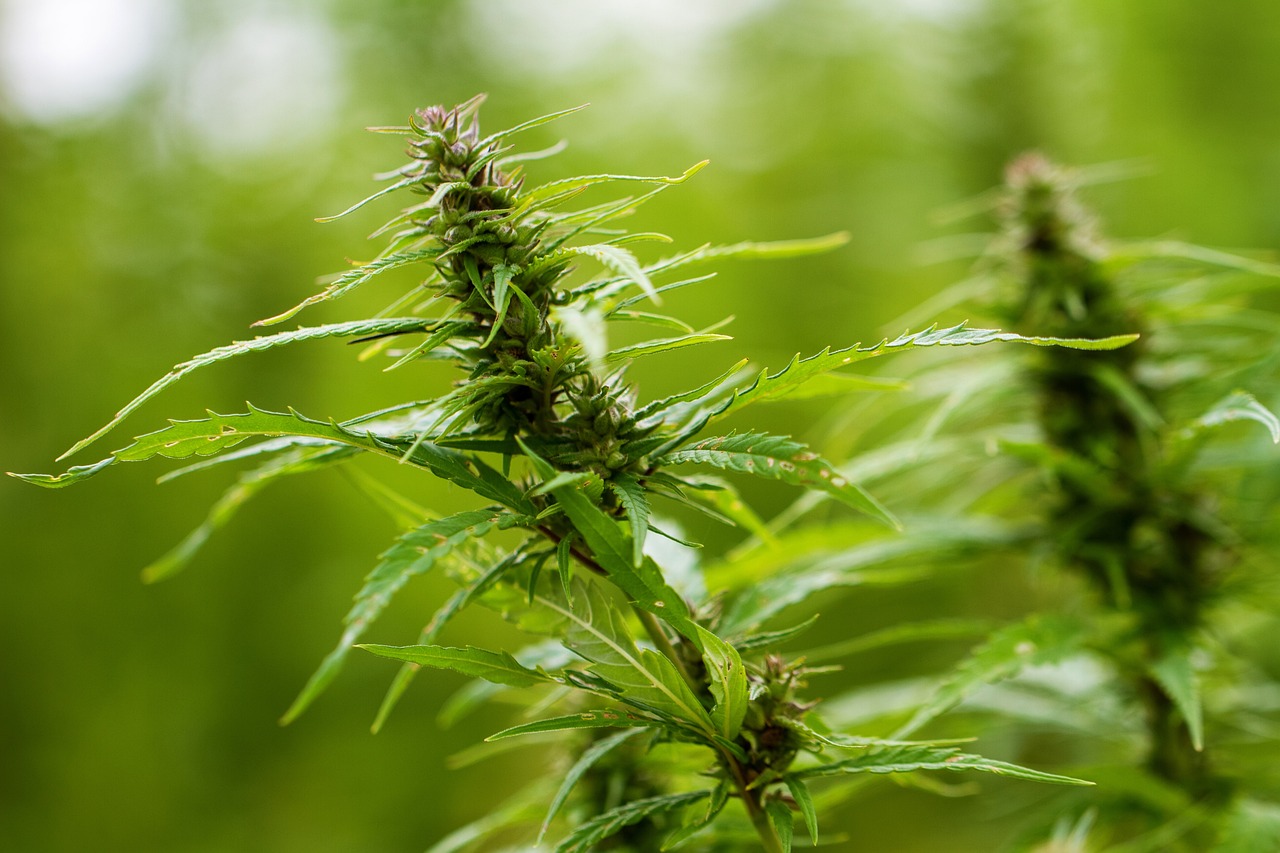In recent years, the interest in cannabis and its derivatives has surged, with many seeking natural alternatives for health and wellness. Among the various compounds found in cannabis, THCA (tetrahydrocannabinolic acid) has gained attention for its potential therapeutic benefits. This article delves into the world of THCA flower in skincare, exploring its properties, benefits, and the science behind its healing potential.
Understanding THCA: The Basics
THCA is a non-psychoactive cannabinoid found in raw and live cannabis plants. Unlike THC (tetrahydrocannabinol), which is known for its psychoactive effects, THCA does not produce a “high.” This makes it an attractive option for those seeking the medicinal benefits of cannabis without the mind-altering effects.
How THCA Works
THCA is the precursor to THC. When cannabis is heated through smoking, vaping, or cooking, THCA undergoes decarboxylation, converting into THC. In its raw form, THCA interacts with the body’s endocannabinoid system, which plays a role in regulating various physiological processes.
Potential Health Benefits of THCA
Research into THCA is still in its early stages, but preliminary studies and anecdotal evidence suggest several potential health benefits:
- Anti-inflammatory Properties: THCA may help reduce inflammation, making it a potential option for those with conditions like arthritis or inflammatory bowel disease.
- Neuroprotective Effects: Some studies indicate that THCA might protect brain cells, offering potential benefits for neurodegenerative diseases such as Alzheimer’s and Parkinson’s.
- Anti-emetic Properties: THCA has shown promise in reducing nausea and vomiting, which could be beneficial for patients undergoing chemotherapy.
- Appetite Stimulation: Like THC, THCA may help stimulate appetite, which can be useful for individuals with eating disorders or those undergoing treatments that affect appetite.
Scientific Studies and Case Examples
While comprehensive clinical trials are limited, several studies have highlighted the potential of THCA:
- A 2013 study published in the British Journal of Pharmacology found that THCA exhibited anti-inflammatory properties in laboratory models.
- Research conducted by the University of Guelph in 2017 suggested that THCA might have neuroprotective effects, potentially slowing the progression of neurodegenerative diseases.
- Anecdotal evidence from patients using THCA-rich cannabis products has reported improvements in symptoms related to chronic pain and inflammation.
THCA Flower: Consumption Methods
THCA flower can be consumed in various ways, each offering different benefits:
- Raw Consumption: Consuming raw cannabis leaves or flowers in smoothies or salads preserves THCA in its natural form.
- Tinctures and Oils: These products allow for precise dosing and can be added to food or taken sublingually.
- Topicals: THCA-infused creams and balms can be applied directly to the skin for localized relief.
Legal Considerations and Availability
The legal status of THCA varies by region. In some areas, THCA products are available in dispensaries, while in others, they may be restricted. It’s important for consumers to understand the regulations in their area before purchasing or using THCA products.
Conclusion
THCA flower represents a promising area of exploration in the field of natural health remedies. With its potential anti-inflammatory, neuroprotective, and anti-emetic properties, THCA offers a range of benefits without the psychoactive effects associated with THC. As research continues to unfold, THCA may become a valuable tool in the quest for holistic health solutions.



